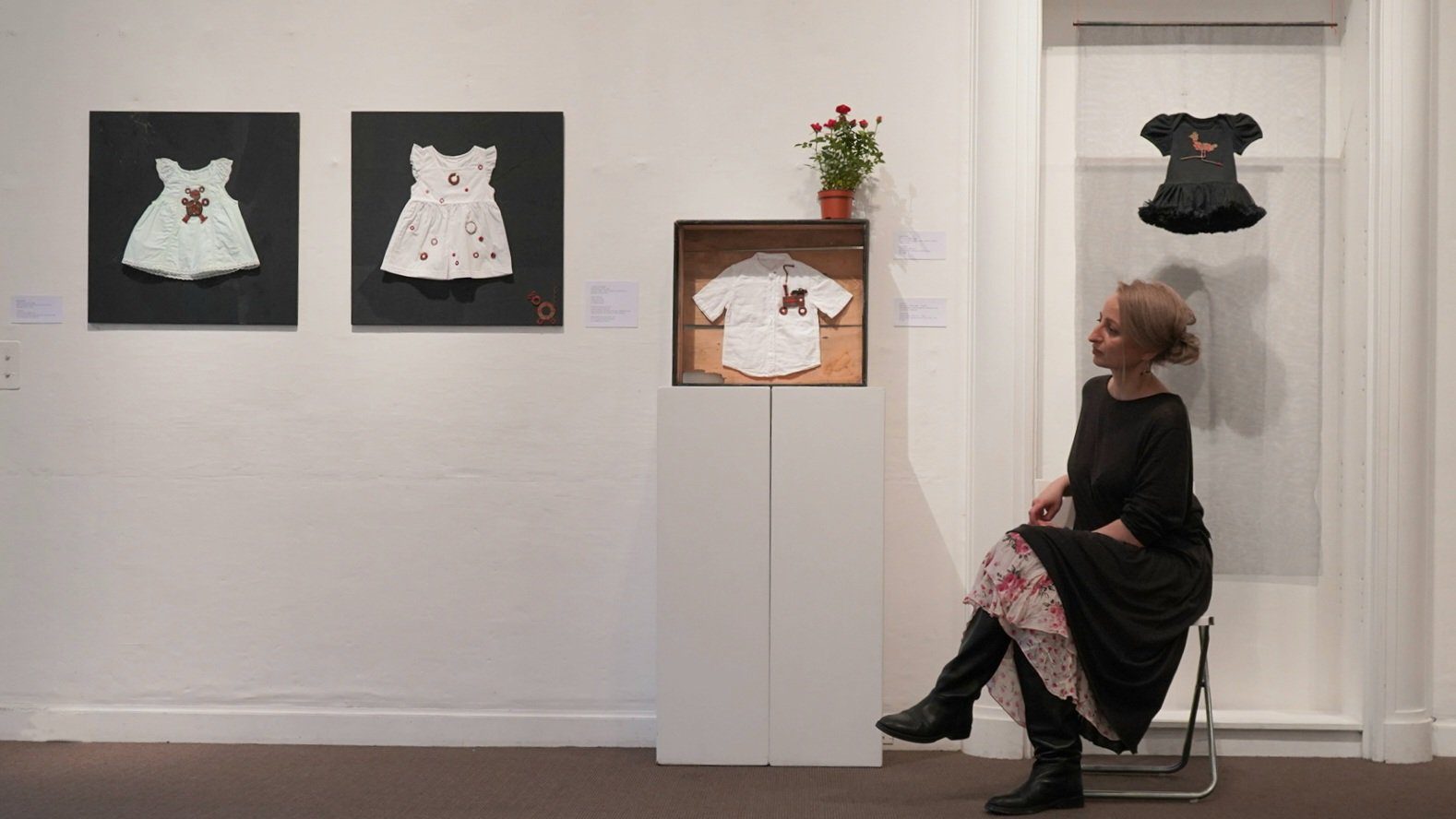This post is also available in: Bosnian
Judge Minka Kreho, president of the criminal department at the Court of Bosnia and Herzegovina, told BIRN that prosecutors had not made work on war-crime cases a priority, as Bosnia’s state strategy on war crimes requires.
“Of the total number of indictments raised during the past three years, only a third were filed for cases that belong to the category of the most complex and with the highest priority,” Kreho explained.
She added that while it could not be said that the Prosecution had not worked on complex cases at all, the national strategy requires the state judiciary to focus exclusively on the most complex cases, which had not been the case.
“The blame for this lies on the norm, because if the prosecutor does not meet a given norm of five cases, which has recently been reduced to four, the Chief Prosecutor will report him to the disciplinary prosecutor, which is why prosecutors go for easier cases,” Kreho noted.
Bosnia adopted a national strategy for work on war crimes cases in December 2008.
This laid down that the most complex cases at state level should be completed within seven years – which did not happen – and the rest within a period of 15 years.
At the moment, discussions about amending the deadlines for the strategy are ongoing.
Kreho said that in the past few years the complex cases had also often been “split”, by raising more indictments for the same or related charges, or by raising more indictments against the same person for various war crimes.
“This practice is not good,” she said.
“First, ‘splitting’ cases is contrary to the principle of the feasibility of the procedure, which obliges the court to conduct the procedure without delay and with the least possible costs. Furthermore, ‘splitting’ cases creates parallel procedures, which results in unnecessary waste of resources,” Kreho added.
With this way of work, witnesses and victims of war crimes were more often unnecessarily invited.
Turning back to the issue of the “norm”, Kreho said the Court and the Prosecutor’s Office had addressed the High Judicial and Prosecutorial Council and the Supervisory Body for monitoring the Strategy, “but, unfortunately, this didn’t lead to concrete changes”.
The Council over which Kreho presides, which is responsible for reviewing and assessing the complexity of the cases and redistributing them to entity level and to Brcko District, was formed in early 2011, three years after the strategy was adopted.
“The key reason why the realisation of these obligations didn’t start within the planned deadline is that the prosecutors’ offices were late in delivering their reports on war crimes cases.
“Most of the prosecutors’ offices, including the State Prosecution , only submitted their reports in 2011, with a delay of several years, which caused a delay to the complete process of assessment of the complexity of war crimes cases,” Kreho explained.
According to her, 475 war crimes cases have now been ceded to the entity and Brcko District courts, but this number could rise.
She argues that it is not rare for prosecutors to file indictments for crimes against humanity in which there is evidence proving the guilt of the accused of some crimes, but when it is also obvious that the criminal offence is wrong.
“However, as it is, according to the Strategy, explicitly stating that the criminal offence ‘crime against humanity’ should be exclusively prosecuted before our Court, we kept such cases, and, after the main hearing the court re-qualifies the criminal offence as ‘war crimes against civilians’, because of the lack of evidence of widespread and systematic attacks, which is one of the essential elements of this offence,” Kreho explained.
When assessing which cases should remain at state level, Kreho said her Council is guided by three criteria – the gravity of the offence, the capacity and role of the perpetrator and other relevant circumstances, reviewing reports passed to them by the prosecutions.
According to Kreho, in practice this means that the State Court should only prosecute cases concerning mass killings, severe forms of rape, persecution or torture, then camp commanders or persons who had leading positions in the army or the police, and, finally, cases that for other reasons are especially important, for example, because of the interests of victims or the consequences that the crime had on the local community.
She insists that the State Court always devolved to the competent courts all the cases that it could, even when, because of the lack a sufficient number of complex cases, this threatened to undermine the norm of judges of the State Court.
As president of the Criminal Department of the State Court, Kreho mentioned that another trial chamber was being formed, which should lead to the disburdening of some work. As she explained, in organised crime cases there is a preliminary hearing judge to review all indictments to determine whether they are written correctly.


